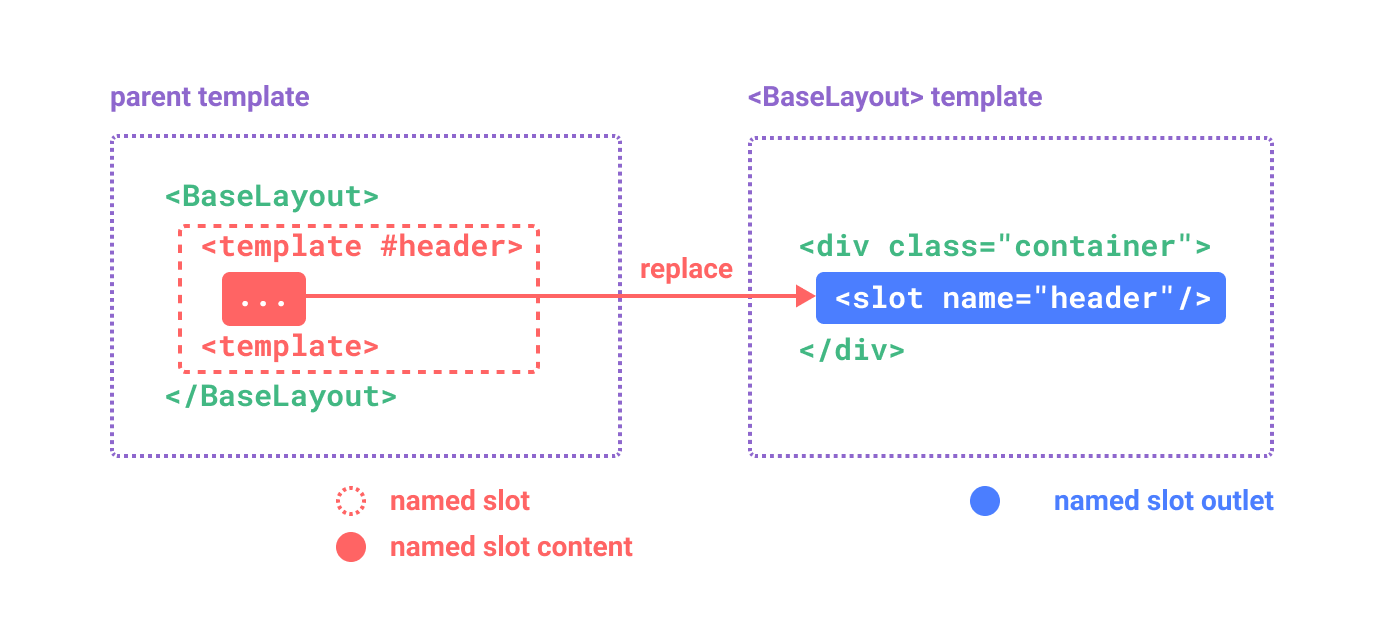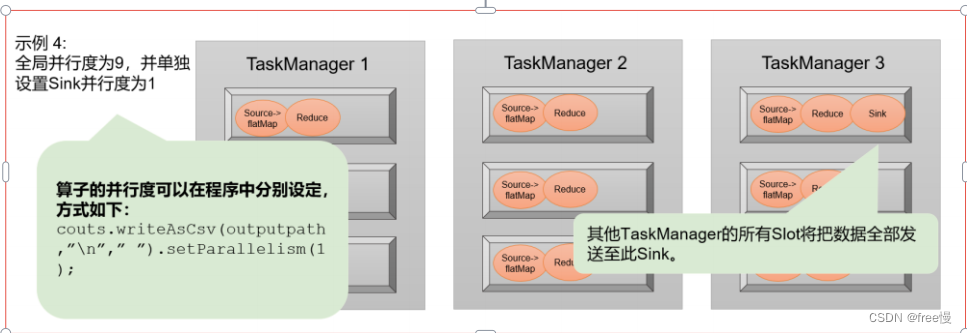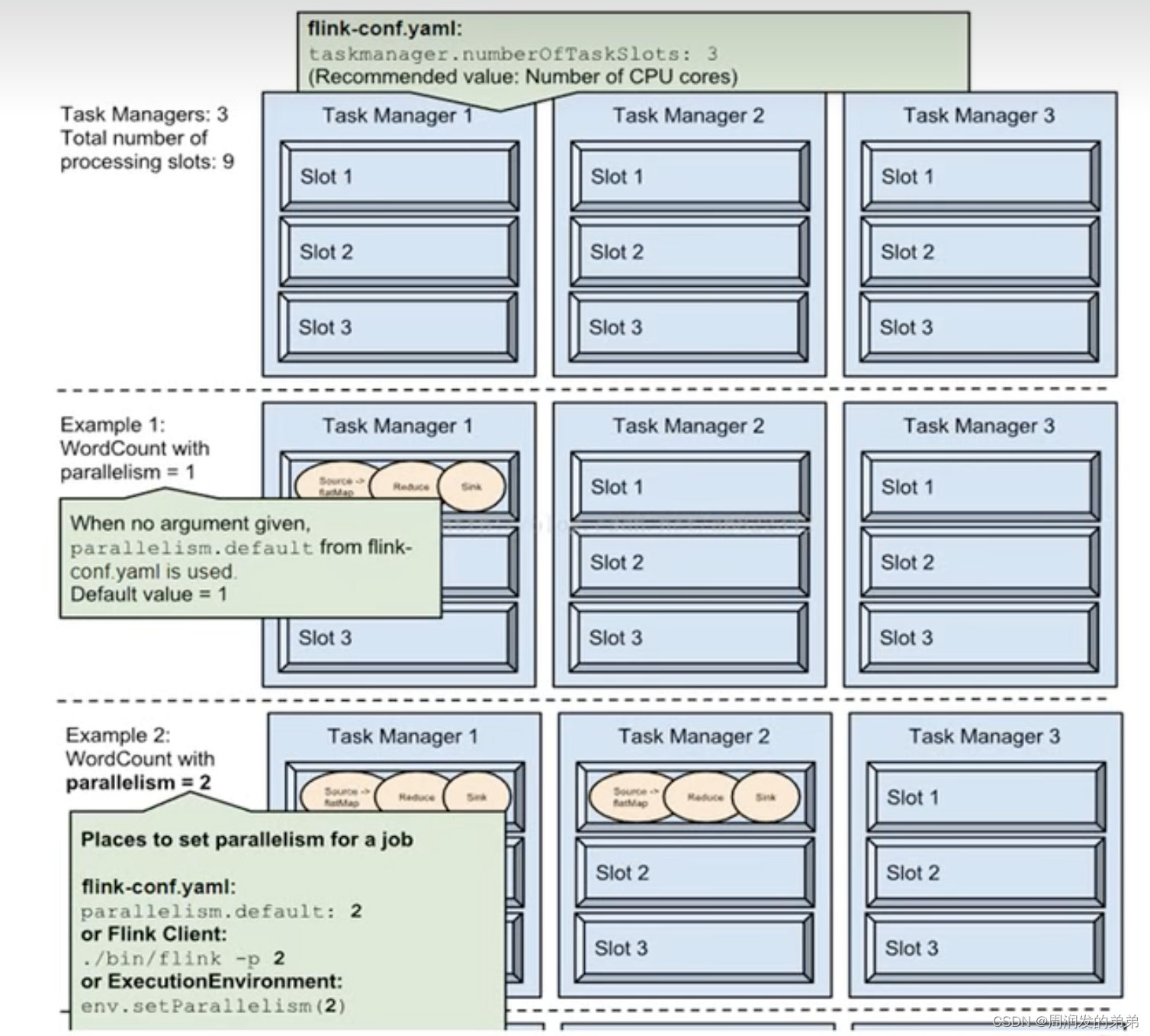slots专题
Python如何使用__slots__实现节省内存和性能优化
《Python如何使用__slots__实现节省内存和性能优化》你有想过,一个小小的__slots__能让你的Python类内存消耗直接减半吗,没错,今天咱们要聊的就是这个让人眼前一亮的技巧,感兴趣的... 目录背景:内存吃得满满的类__slots__:你的内存管理小助手举个大概的例子:看看效果如何?1.
python 类 __slots__ 可限制添加属性和优化减少内存占用
一、如何限制属性 1.给类或者示例添加属性和方法 正常情况下,当我们定义了一个class,创建了一个class的实例后,我们可以给该实例绑定任何属性和方法,对于class本身也是一样的 2.使用__slots__ 如果先要对class和实例加以限制,可以在定义class的时候,定义一个__slots__,来限制能够添加的属性: 这么做之后,没在__slots__里面标记好的属性就不能随便
QT error: expected ‘:‘ before ‘slots‘ public slots:
C:\Users\Administrator\Desktop\VideoHill\GikISearch\net.h:10: error: expected ':' before 'slots' public slots: 先看看头文件里有没有加上引用包含#include <xxxx> 也就是一个引用包含都没有 没有就会报这个。至少一个。 加上后
Python中内存统计与slots及Python的对象模型
文章目录 Python中内存统计与slots及Python的对象模型1.tracemalloc内存统计2.`__slots__`属性3.未实现和未实现异常4.Python的对象模型 Python中内存统计与slots及Python的对象模型 1.tracemalloc内存统计 标准库tracemalloc,可以统计内存使用情况 import tracemalloc #fro
试试Python的__slots__魔法,再也不用担心内存不够用了!
目录 1、初始之解:__slots__基础运用 1.1 __slots__魔法简介 1.2 如何节省内存空间 1.3 实战示例:类定义与性能对比 2、进阶篇:结合元类深化理解 🧠 2.1 元类回顾与应用 2.2 动态管理__slots__ 2.3 高级技巧:动态添加属性 2.4 __slots__与@property装饰器 3、深入探索:__slots__限制与规避 🕵
Python之 __slots__ 的用法
使用__slots__限定class实例 能添加的属性 __slots__仅仅对当前的类实例起作用,对继承的子类不起作用。 知识点: 1、捕获异常最好使用traceback。 2、MethodType作用是将方法绑定到类上,并不是将方法直接写在类中,而是在内存中创建一个link指向外部的方法,在创建实例时候link也会得到复制。 import tracebackfrom types
Vue-插槽 Slots
文章目录 前言什么叫插槽简单插槽指定默认值多个插槽根据父级别名称指定区域显示(具名插槽)作用域插槽 前言 本篇文章不做过多的讲解与说明,只记录个人实验测试案例。 详见:vue 官方文档 插槽 slots 什么叫插槽 之前的博客中,父级组件可以使用props向子级组件中传递String、Array、Object、Function等数据类型。如果需要父级元素向子级元素中传递Ja
(10)svelte 教程:Slots
(10)svelte 教程:Slots 什么是 Slots Slots 是 Svelte 框架中的一种特性,用于在组件中定义插槽,以便父组件可以向子组件传递任意的内容。这种机制使得组件更具灵活性和可复用性,因为你可以在组件内部插入动态的、定制的内容。Slots 主要有两种类型:默认插槽和命名插槽。 逐行解释代码 App.svelte <script>import Modal from '
使用__slots__
正常情况下,当我们定义了一个class,创建了一个class的实例后,我们可以给该实例绑定任何属性和方法,这就是动态语言的灵活性。先定义class: >>> class Student(object):... pass... 然后,尝试给实例绑定一个属性: >>> s = Student()>>> s.name = 'Michael' # 动态给实例绑定一个属性>>> prin
【Qt知识】Qt框架中的信号(Signals)与槽(Slots)机制
Qt框架中的信号(Signals)与槽(Slots)机制是一种强大的通信方式,允许对象之间相互通信而无需对象之间直接引用或了解对方。这一机制简化了应用程序的事件处理和组件之间的交互,是Qt的一大特色和核心概念。 基本概念 信号(Signals):信号是类的一部分,当特定事件发生时自动发出。你可以把它想象成一个对象说:“某事发生了!”信号不需要指定接收者,也不关心谁会接收到这
小白学python之使用__slots__学习笔记
本文以廖雪峰的官方网站为参考来学习python的。其学习链接为廖雪峰小白学python教程。 本文是学习到python的实例属性和类属性。参考链接廖雪峰python使用__slot__。 尝试给实例绑定一个属性: class Student(object):passs = Student()s.name = 'Michael'print(s.name) 运行结果: Michael
2023 E3 算法题第三题 (Appointment Slots)
题目 Task 3There are N patients (numbered from 0 to N-1) who want to visit the doctor. The doctor has S possible appointment slots, numbered from 1 to S. Each of the patients has two preferences. Pat
Python——详解__slots__,property与代码规范
本文始发于个人公众号:TechFlow,原创不易,求个关注 今天是Python专题的第11篇文章,我们来聊聊面向对象的一些进阶使用。 __slots__ 如果你看过github当中一些大牛的代码,你会发现很多大牛经常在类的顶部加上__slots__关键字。如果你足够好奇,你可能会试着把这个关键字去掉再运行试试,你会发现去掉了之后什么也没有发生,一切依然运行得很好。 那么这个__slot
Flink中任务(Tasks)和任务槽(Task Slots)详解
Flink中任务(Tasks)和任务槽(Task Slots)详解 任务槽(Task Slots) Flink中每一个worker(也就是TaskManager)都是一个JVM进程,它可以启动多个独立的线程,来并行执行多个子任务(subtask)。 所以如果想要执行5个任务,并不一定非要5个TaskManager,我们可以让TaskManager 多线程执行任务。如果可以同时运行5个线
vue3插槽 Slots
Vue插槽(Slot)的本质是组件间通信的一种方式,具体来说是Vue的内容分发机制。插槽允许开发者在封装组件时,把不确定的、希望由用户指定的部分定义为插槽,可以将其视为组件封装期间为用户预留的内容占位符。插槽的显示与否以及具体如何显示,是由父组件来决定的,而插槽显示的位置则由子组件自身决定。 官方给了一个理解插槽的例子:和avaScript 函数作类比,其概念是类似。 // 父元素传入插槽
NoResourceAvailableException: Could not allocate all requires slots within timeout of 300000 ms...
完整的报错信息: org.apache.flink.runtime.jobmanager.scheduler.NoResourceAvailableException: Could not allocate all requires slots within timeout of 300000 ms. Slots required: 3, slots allocated: 1, previous
python __slots__ 详解(下篇)
正常情况下,当我们定义了一个class,创建了一个class的实例后,我们可以给该实例绑定任何属性和方法,这就是动态语言的灵活性。 from types import MethodTypeclass student(object):#先定义类studentpasss=student()s.name='python' #动态给实例绑定一个属性print 's.name=',s.name
只允许对某个实例添加某个属性 : __slots__
如果我们想要限制实例的属性怎么办?比如,只允许对Student实例添加name和age属性。 为了达到限制的目的,Python允许在定义class的时候,定义一个特殊的__slots__变量,来限制该class实例能添加的属性: class Student(object):__slots__ = ('name', 'age') # 用tuple定义允许绑定的属性名称然后,我们试试:>>> s
QT错误提示:Slots named on_foo_bar are error prone [clazy-connect-by-name]
这个错误提示来自Clazy,它是一个用于对Qt代码进行静态分析的工具。错误提示 “Slots named on_foo_bar are error prone [clazy-connect-by-name]” 意味着您的槽函数命名为"on_foo_bar",并且Clazy认为这种命名方式容易引起错误。 Clazy建议在使用Qt的信号槽连接时,使用明确的命名约定,而不是依赖于名称匹配。这是因为依赖
【笔记】python面向对象搞基编程(__slots__,property)
在前文《【笔记】python面向对象-类和实例(详述类和实例属性和方法的绑定)》的数据封装那节写过如何给类和实例动态绑定属性和方法。那如果我们想要限制实例的属性怎么办?比如,只允许对Student实例添加name和age属性。 在定义class的时候,定义一个特殊的__slots__变量,来限制该class实例能添加的属性。 目录 __slots__ @property 练习 __
__slots__ Python Class限制添加属性
正常情况下,当我们定义了一个class,创建了一个class的实例后,我们可以给该实例绑定任何属性和 方法,这就是动态语言的灵活性。先定义class: class Student(object):pass 然后,尝试给实例绑定一个属性: >>> s = Student()>>> s.name = 'Michael' # 动态给实例绑定一个属性>>> print(s.name)Mic
python通过slots指定实例属性列表
1 python通过slots指定实例属性列表 python类通过__slots__属性列表,指定类实例可以创建的属性。 1.1 slots基础 用法 >>> class SlotsC:__slots__=['attr1',...,'attrn'] 描述 (1) 实例只能创建__slots__列表内声明的属性; (2) 实例属性必须在引用前进行赋值; (3) 定义了__slots
【Flink系列二】如何计算Job并行度及slots数量
接上文的问题 并行的任务,需要占用多少slot ?一个流处理程序,需要包含多少个任务 首先明确一下概念 slot:TM上分配资源的最小单元,它代表的是资源(比如1G内存,而非线程的概念,好多人把slot类比成线程,是不恰当的) 任务(task):线程调度的最小单元,和java中的类似。 ---------------------------------------------------
Redis Cluster slots 迁移过程
一、Redis Cluster 背景知识 Redis Cluster是无中心化的架构,他没有集中化的控制组件和proxy,客户端可以向集群中的任意一台节点发送请求,然后根据节点的返回值做重定向(MOVE或ASK)操作,客户端本地也会缓存slot表,并根据每次的重定向信息来更新这个表。 由于没有中心化组件存储,因此redis cluster使用gossip在集群间同步路由表和集群拓扑信息,在
【Vue】组件二次封装小技巧 — 利用$slots接收插槽
在Vue.js中使用插槽(slots)时,有时候可能想要遍历插槽名并以动态的方式渲染它们。本篇文章将介绍如何通过v-for和$slots来实现这一目标,从而更灵活地处理插槽内容。 了解插槽(Slots) 在Vue.js中,插槽是一种非常有用的机制,它允许你在父组件中向子组件传递内容,并在子组件中以插槽的方式渲染这些内容。插槽是一种强大的工具,可以使你的组件更加通用和可配置。 动态渲染插槽名












